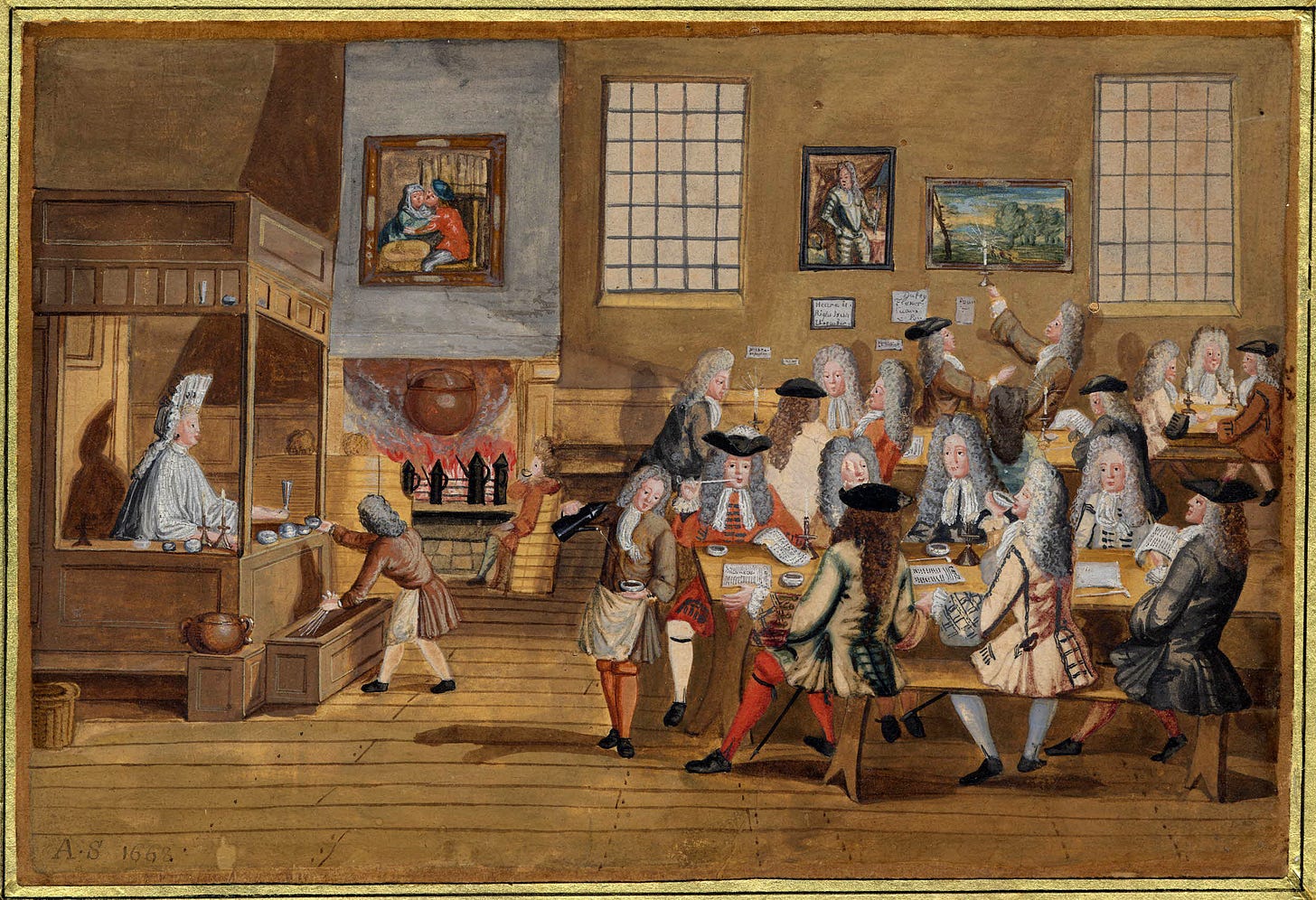1.
Here in Europe the best adjective to characterize the academic humanities would probably be “late-Soviet”. There is so much empty talk, in a language consisting primarily of cryptic abbreviations, so much form-filling, so much make-work: and all to hide a fundamental absence of mission, to keep everyone just busy enough not to have to face up to the total collapse that is obviously on its way. But if the European university is the Soviet Union in 1988, the American university now seems to be something more like Iraq in late 2003, and my American academic colleagues seem to be behaving somewhat like the Baathist dead-enders.
I have not set foot in the US under Trump 2, and all the scuttlebutt I get from over there is what trickles in over the internet. But my sense is that humanities professors and graduate students are seeking to maintain an impossible line: both facing the reality that their institutions are now effectively under the control of an occupying army, and attempting —both impressively and absurdly— to go on as usual. They’re still posting their syllabi and saying to one another things like: “OMG I wish I could take your class!” and “Do you guys think I should incorporate more small-group discussion in intro this year?” — all while practically, if not yet literally, being escorted into barbed-wire enclosures by the self-appointed liberators of their institutions.
The Hinternet has launched its First Essay Prize Contest. The question is: “How might new and emerging technologies best be mobilized to secure perpetual peace?” The prize winner will receive $10,000. Please click the button for more information. And please help us to get the word out!
There comes a point when it makes much more sense to head for the hills and to regroup. This would not be the first time such a retreat from the academy has happened in the history of the life of the mind. In 1660, if you wanted to see a dolphin dissected or to discuss the possibility that the rotation of the heavens can be explained by a handful of these hot new things they were calling “laws of nature” rather than by the willful action of the celestial intelligences, you would do better to head to a coffee house than to a university. And the ultimate reasons for the vacating of these airless medieval institutions in favor of the lively new ones had everything to do, then as now, with (1) a new intensification of the global circulation of both ideas and consumer goods and delicacies — most notably, for them, coffee and tobacco; and (2) a recent revolution in information technologies — for them, printing, for us, you know what. It was not until around the time of the French Revolution, with considerable influence also from the restructuring of the German university system along cameralist lines, that the modern bureaucratic university emerged, which currently has me, at the other end of its 200-and-some-year lifespan, buried under a mountain of e-forms written mostly in acronymics I simply don’t understand, all in need of e-signing, all of which has some nominal causal origin in the fact that I am by profession a philosopher, but just don’t ask me to trace that causal history back to where it started. I couldn’t possibly do it. No one could.
Our early modern ancestors retreated from the mildewed halls of the university and went and drank coffee and smoked their pipes and felt their minds coming alive again; we vape and podcast and do the best we can under our own strained circumstances. Our situation is not ideal —I myself would rather be watching a dolphin dissection while smoking a real pipe—, but it is similar enough to theirs for me to be prepared just to call it: the humanities are going to survive, yes, but for the next good long while they are going to be stewarded into an uncertain future in a deinstitutionalized virtual space. You want some humanities? Well, you’ve come to the right place. You want your humanities to take place in institutions? Well then, we’re going to have to build our own.
How are we going to do that?



